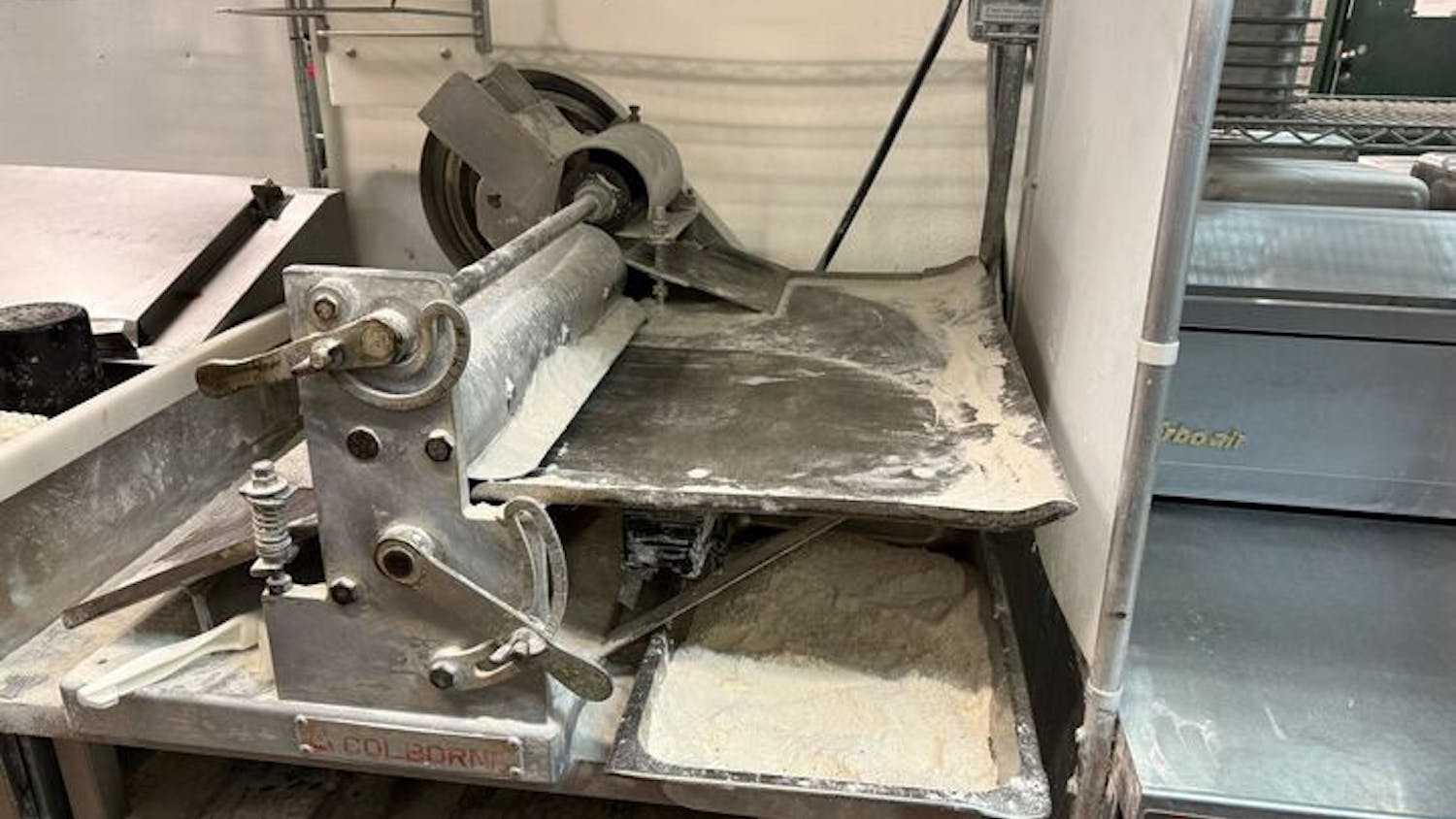Although the national economy may have begun its climb back toward prosperity, leaving the city of Madison relatively unscathed in comparison to other, far worse areas of the country, there are still signs that Madison may not be out of the woods just yet.
People all across Madison and south-central Wisconsin are faced with the question of poverty every day. For many college students, eating and buying groceries on a tight budget is sure to cause headaches, but for others in the community, poverty can mean the difference between eating and not eating.
Food pantries are valuable resources that continue to feel a strain on their services, in large part because of the ailing economy. Over the last several years, St. Vincent de Paul, the largest food pantry in Dane County, has seen many people using its services for the first time.
""Resources are always a struggle, but we work hard to get stuff, and it's important for us not to run out,"" Ralph Middlecamp, executive director of St. Vincent de Paul, said. ""When you're the safety net for so many people you kind of have an obligation to not fail.""
Second Harvest Foodbank of Southern Wisconsin, a private, nonprofit organization that distributes food to 16 counties in southwestern Wisconsin, including Dane County, has also been stretched in terms of fundraising, according to Dan Stein, its president and CEO.
According to a hunger study compiled every four years on both a national and state level, Second Harvest had formerly served an estimated 78,000 unique people per year. Today that number has increased to 141,000, of which about 43 percent are children.
Stein said unemployment has doubled because of job loss, forcing people to eat through their savings.
""It becomes ‘Do I buy food or do I pay rent?' or ‘Do I buy food or pay for medical care and prescriptions?'"" he said. ""More than half of the people we serve ... have jobs, but they're just not making enough. Two-thirds of the people live at or below the poverty level.""
That means for a family of four making $22,000 a year (the federal poverty line), they are only pulling in $8, $9 or $10 an hour, according to Stein.
According to Chris Brockel, food and gardens manager at Community Action Coalition, also a nonprofit organization, 65 percent of all households—including seniors and people with disabilities—who visit food pantries in Dane County have at least one working person.
""It's not that they're not working, they're just not getting paid enough for a living wage,"" he said. ""People who visit pantries spend 50 percent of wages on their household, including paying bills, and this is too much.""
Brockel helps acquire and distribute food to such pantries, meal sites and homeless shelters for no cost while also providing statistics on what the big picture is like in Dane County—determining whether food is handled safely and if locations are open and accessible, as well as publicly visible.
According to Brockel, within the last two years there has been a 38 percent increase in the number of households visiting food pantries.
""In 2007 and 2006 we were looking at about 85,000 households in Dane County visiting food pantries, and we thought, ‘This is it, we've found the top number; we can look, work on it and fix it,'"" Brockel said. ""But then the recession hit and that number went up to 117,500.""
Although CAC tries to reduce the number of times people have to visit the pantry by connecting people to food share programs, farmers market vouchers and community-supported agriculture, it does not erase the problem and only supplies emergency assistance to people who are in need.
""In the food business our job is to react and put Band-Aids on things,"" Brockel said. ""This isn't getting to the root of people in need and the root of the poverty level.""






